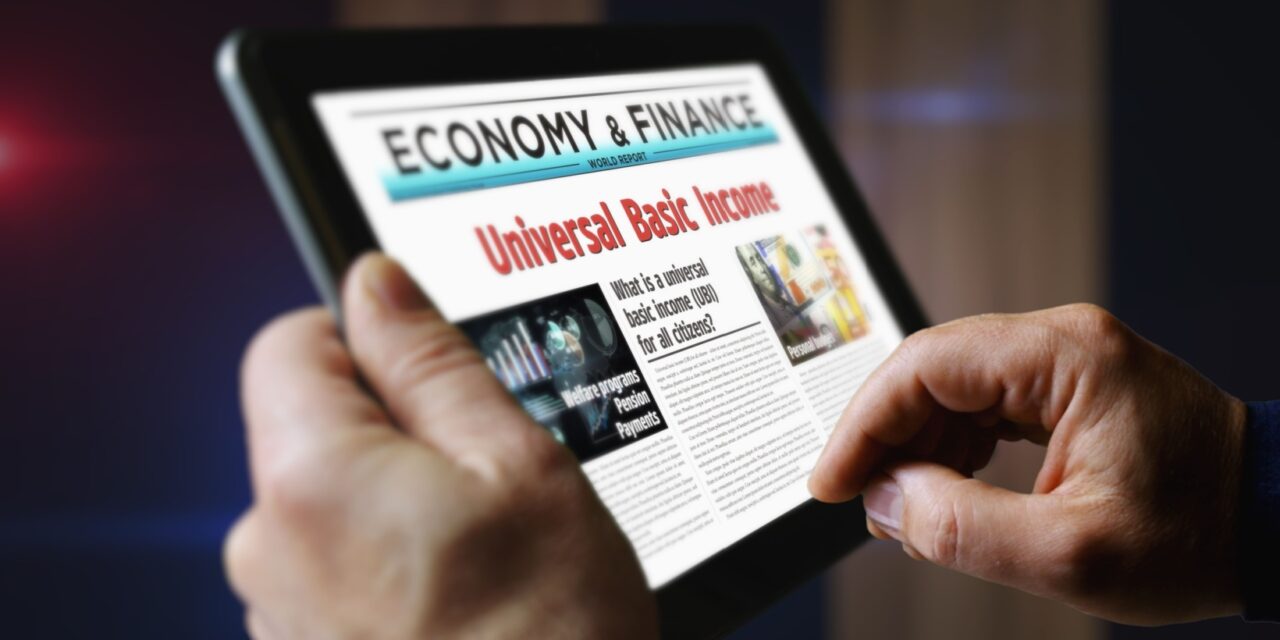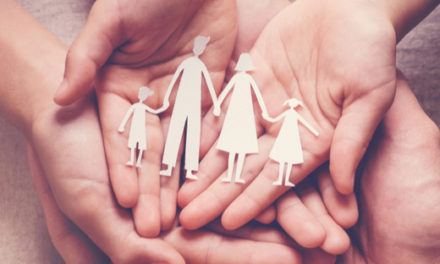
Universal Basic Income: An Alternative to the Welfare State?
After nearly 60 years since President’s Johnson’s launch of the “War on Poverty” in 1964 and some $25 trillion in federal transfer payments for income, food and medical assistance, the share of Americans living in poverty has remained unchanged. This stunning failure of current assistance programs to reduce poverty in America is why there is a growing interest in Universal Basic Income.
To view the full article please register below:
Universal Basic Income: An Alternative to the Welfare State?
The percentage of Americans living in poverty in 2021 was 11.6%, roughly equal with the period of the late 1960s and early 1970s. Which is to say that after nearly 60 years since President’s Johnson’s launch of the “War on Poverty” in 1964 and some $25 trillion in federal transfer payments for income, food and medical assistance, the share of Americans living in poverty has remained unchanged.1, 2
This stunning failure of current assistance programs to reduce poverty in America is why there is a growing interest in Universal Basic Income (UBI). The concept of UBI is to provide income payments to every American without regard to means testing or a work requirement (Universal) in an amount that meets an individual’s basic needs (Basic) and is continuous (Income).
The idea is that erasing poverty in the richest country in the world may be better achieved by eliminating all the overlapping programs and their attendant bureaucracy, and simply providing a direct transfer of money to U.S. citizens.
The Pros and Cons of Universal Basic Income
The potential benefits of replacing current transfer programs with UBI include:
- Reduce or eliminate poverty
- Improve employment prospects by allowing individuals to reduce gig work and part-time work to pursue better opportunities
- Reduce food insecurity for families that don’t qualify for today’s programs
- Improve health by reducing the stress and anxiety of financial insecurity
- Enable individuals to stay in school longer to improve skills
- Provide income to non-working parents and caregivers (mostly women) who labor in unpaid roles
The potential drawbacks of Universal Basic Income are:
- A danger that the poor become worse off as funds are reduced for current transfer programs to support income payments to all Americans
- The expense, as one estimate is that a $1,000-per-month stipend to every adult in America would cost almost $3 trillion annually
- Could reduce the incentive for people to work, though contemplated payments aren’t sufficient for individuals to become idle
The future of UBI is uncertain, but it has the intellectual backing of Milton Friedman (he first proposed the idea in 1939), the support of many in Silicon Valley (Jack Dorsey pledged $1 billion to support UBI efforts) and the endorsement of many American city mayors. It’s already being piloted in cities from Compton, California, to Gainesville, Florida.
If UBI finds traction, it’s likely to be implemented in steps, with guaranteed income payments first being made to the most economically vulnerable citizens before ever becoming universal.
Sources:
- https://www.census.gov/newsroom/stories/poverty-awareness-month.html
- https://www.texaspolicy.com/we-know-what-works-in-the-war-on-poverty/
Please reference disclosures at: https://blog.americanportfolios.com/disclosures/












